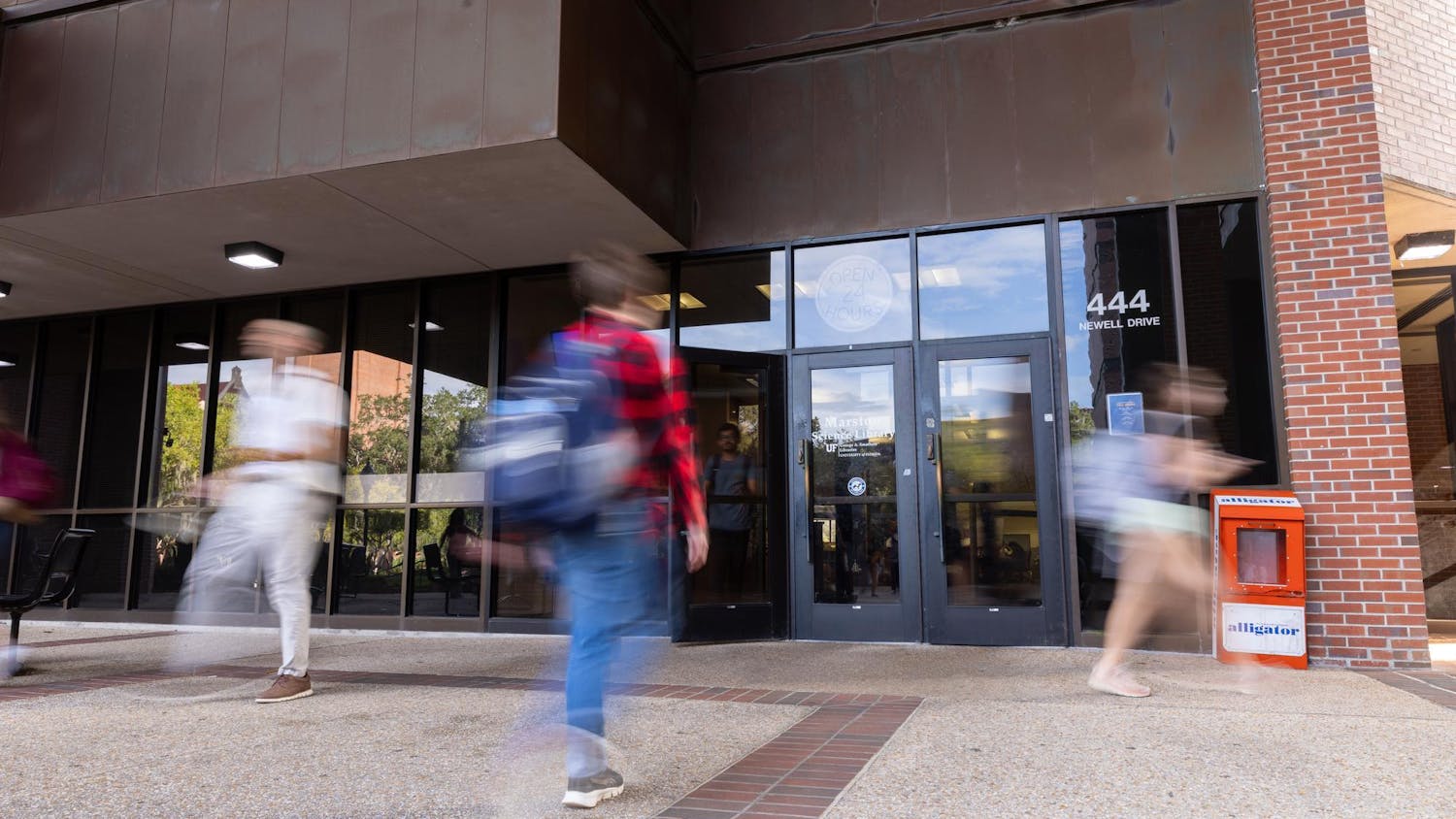When Dr. Colleen Le Prell recruited 21-year-olds who said they had normal hearing for a research study, she encountered an oddity.
Some students who showed up for the study didn’t actually have the normal hearing sensitivity that they thought they did.
Le Prell, a UF associate professor in the department of speech, language and hearing sciences and the study’s lead researcher, then conducted a different study measuring students’ hearing losses and found that 25 percent of students who believed they had normal hearing actually did not.
The research focused on 20 males and 37 females from UF who averaged around 21 years old and reported themselves to have normal hearing.
The participants completed a health survey and a questionnaire about exposure to loud noises including sporting events, music players and concerts and loud activities such as using lawn equipment or doing construction.
Male students who listened to personal music players were found to have the highest loss.
Joseph Sparks, a Gainesville audiologist who has been practicing since 1980, said college freshmen 60 years ago had better hearing than today’s freshmen.
“It’s a noisier, louder world,” Sparks said. “We have more exposure to sound because we have more sources of it.”
Le Prell’s findings concluded that the participants had hearing loss on a level not enough to require a hearing aid but enough to affect learning.
“They will have a harder time understanding certain sounds,” Le Prell said. “In order to get the most information from what the teacher is saying during lectures, they’ll have to make adjustments such as moving to the front of the classroom.”
Kylie Rodriguez, a 22-year-old advertising senior, said she has trouble with her hearing.
“It wasn’t until the later years that I started realizing how often I was asking people to repeat things,” she said.
Rodriguez said she thinks it has to do with listening to music.
“I use the headphones that go deep into your ears, and I listen to my music on full blast,” she said. “Now I can’t listen to anything unless it’s on full blast.”
Le Prell said that students should take preventative measures to protect their hearing such as turning down their music as well as wearing earplugs in particularly loud places.
“The sad reality is once hearing is gone, it doesn’t back,” Le Prell said.





